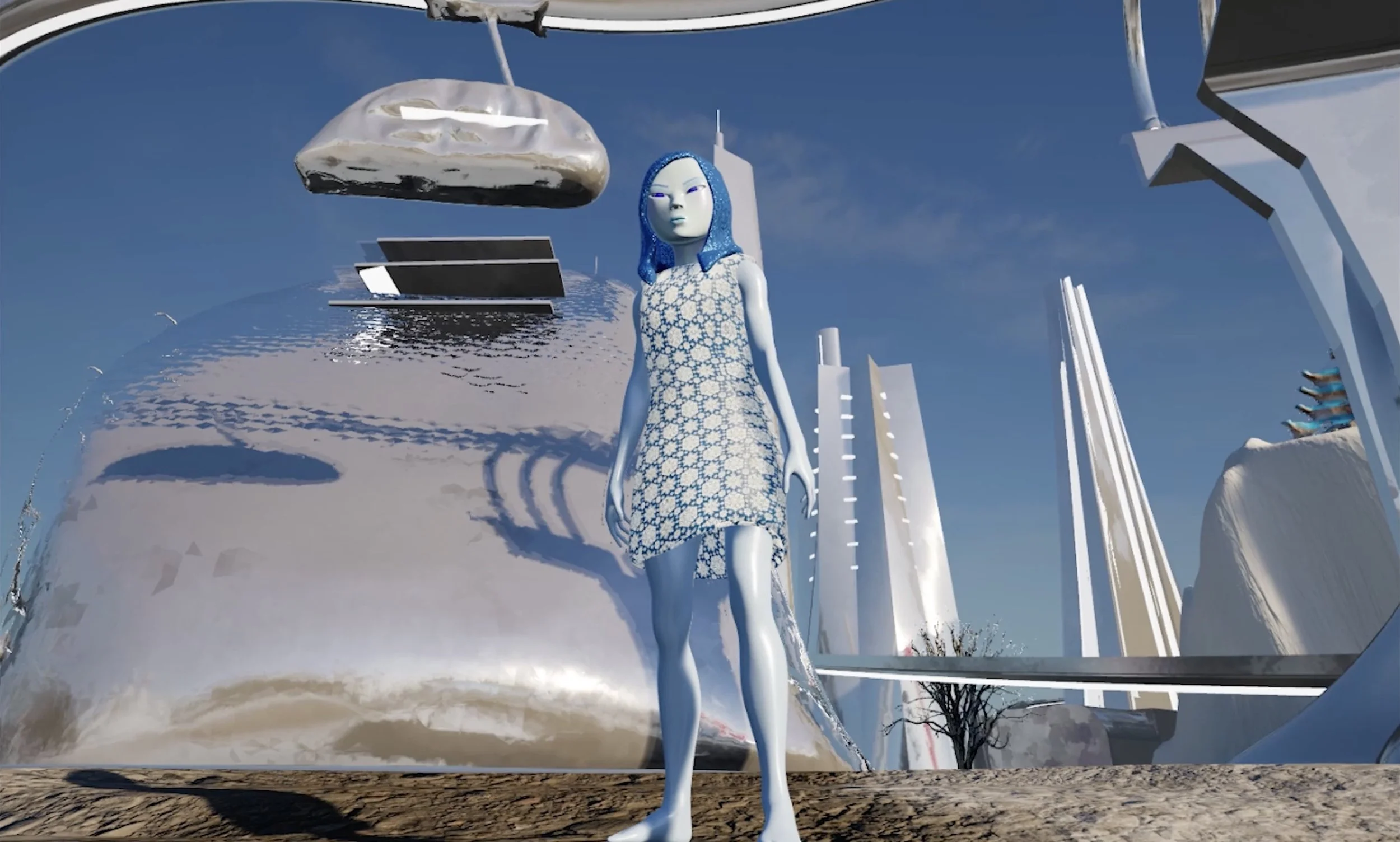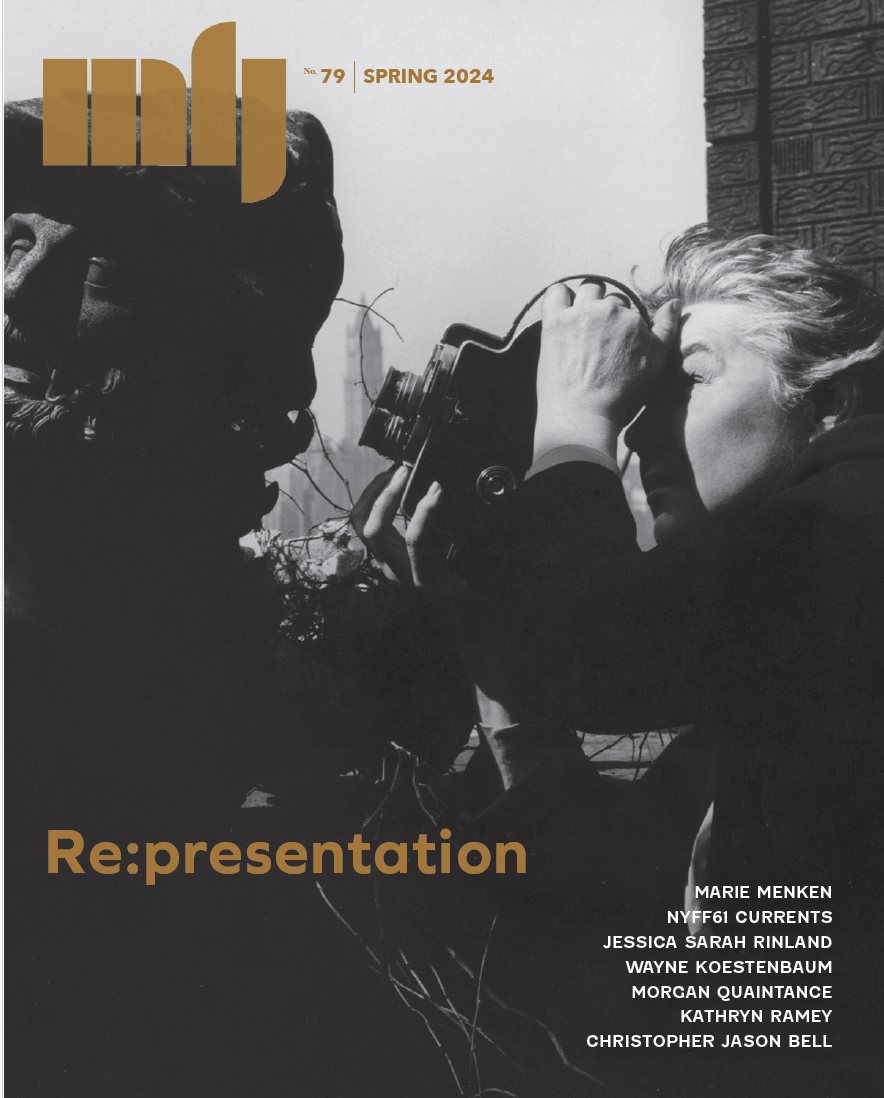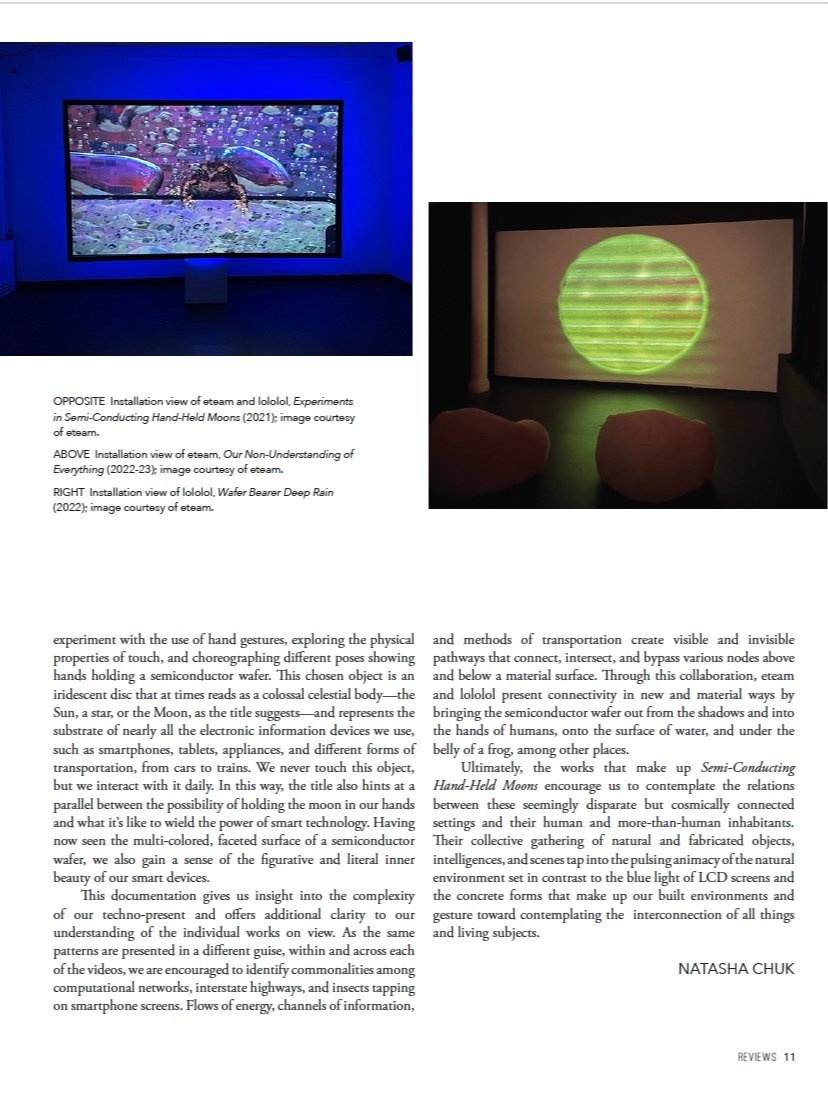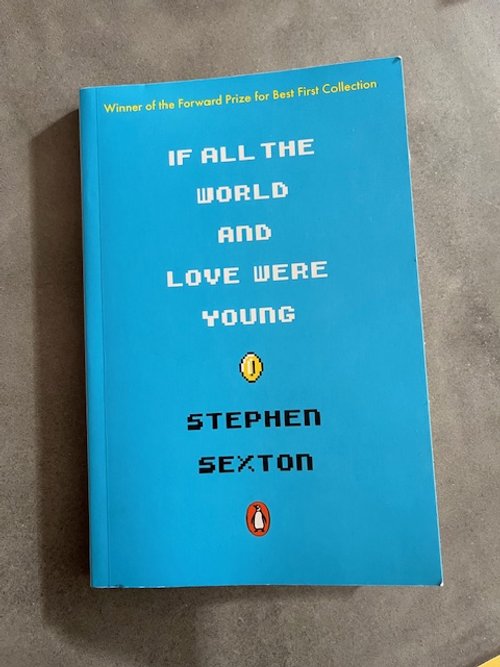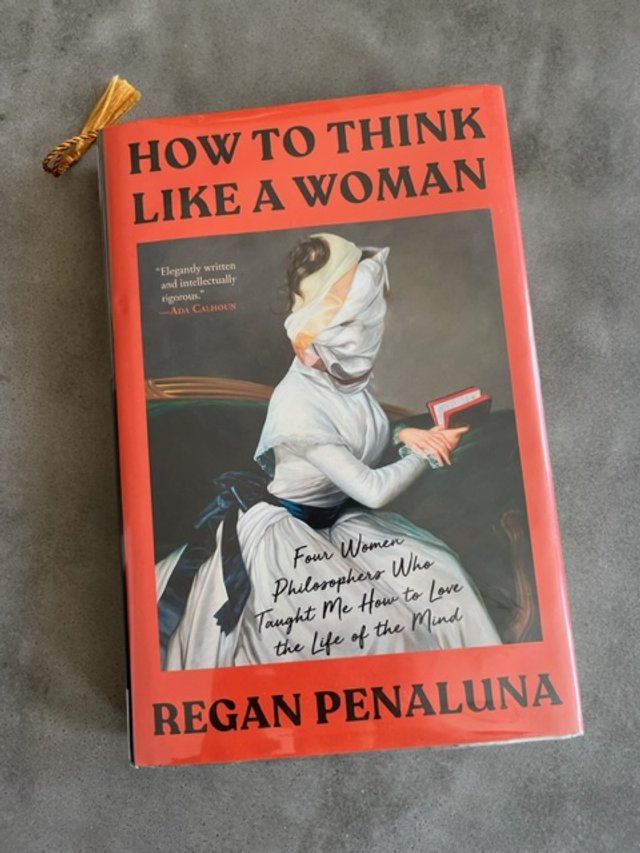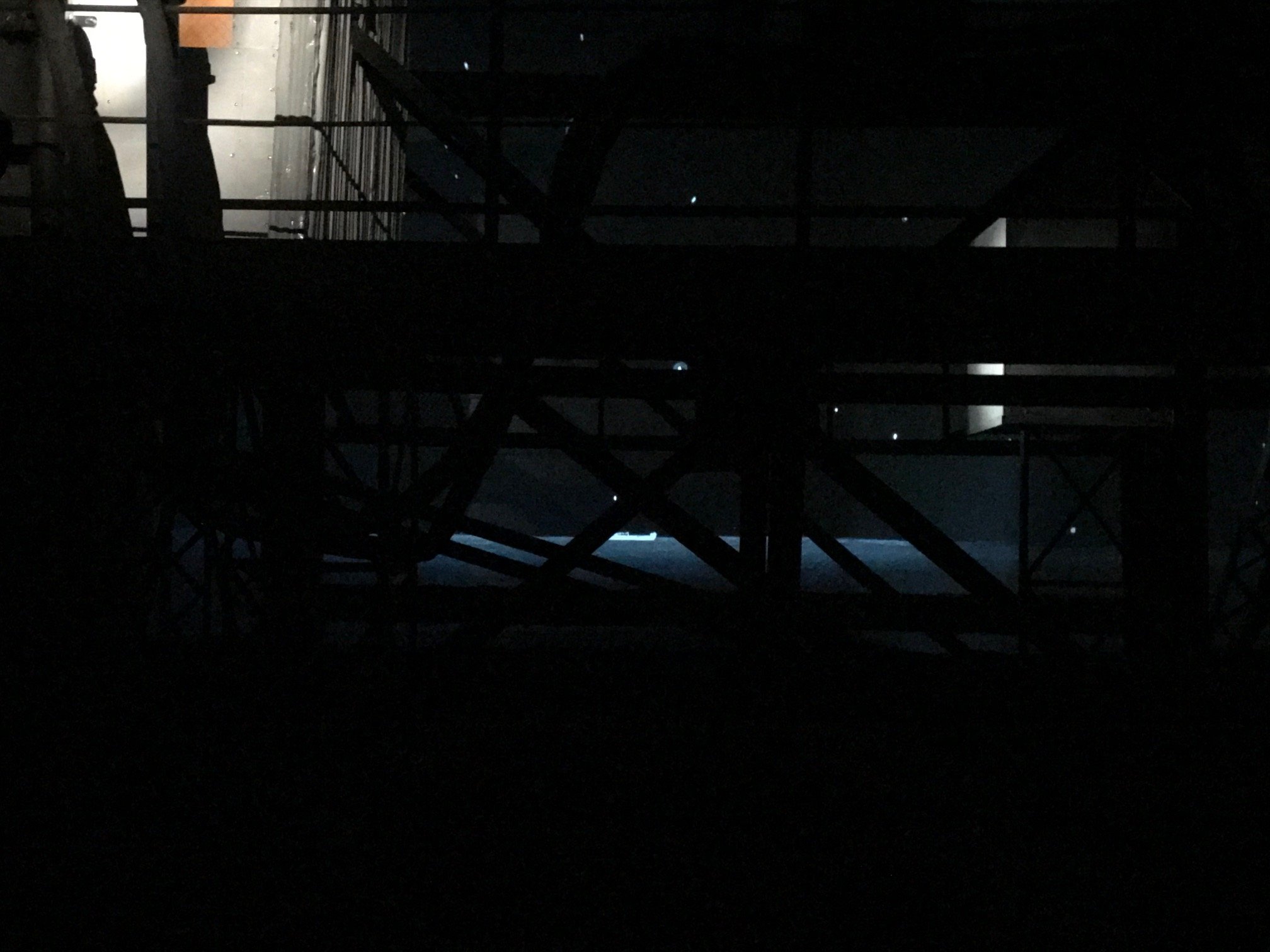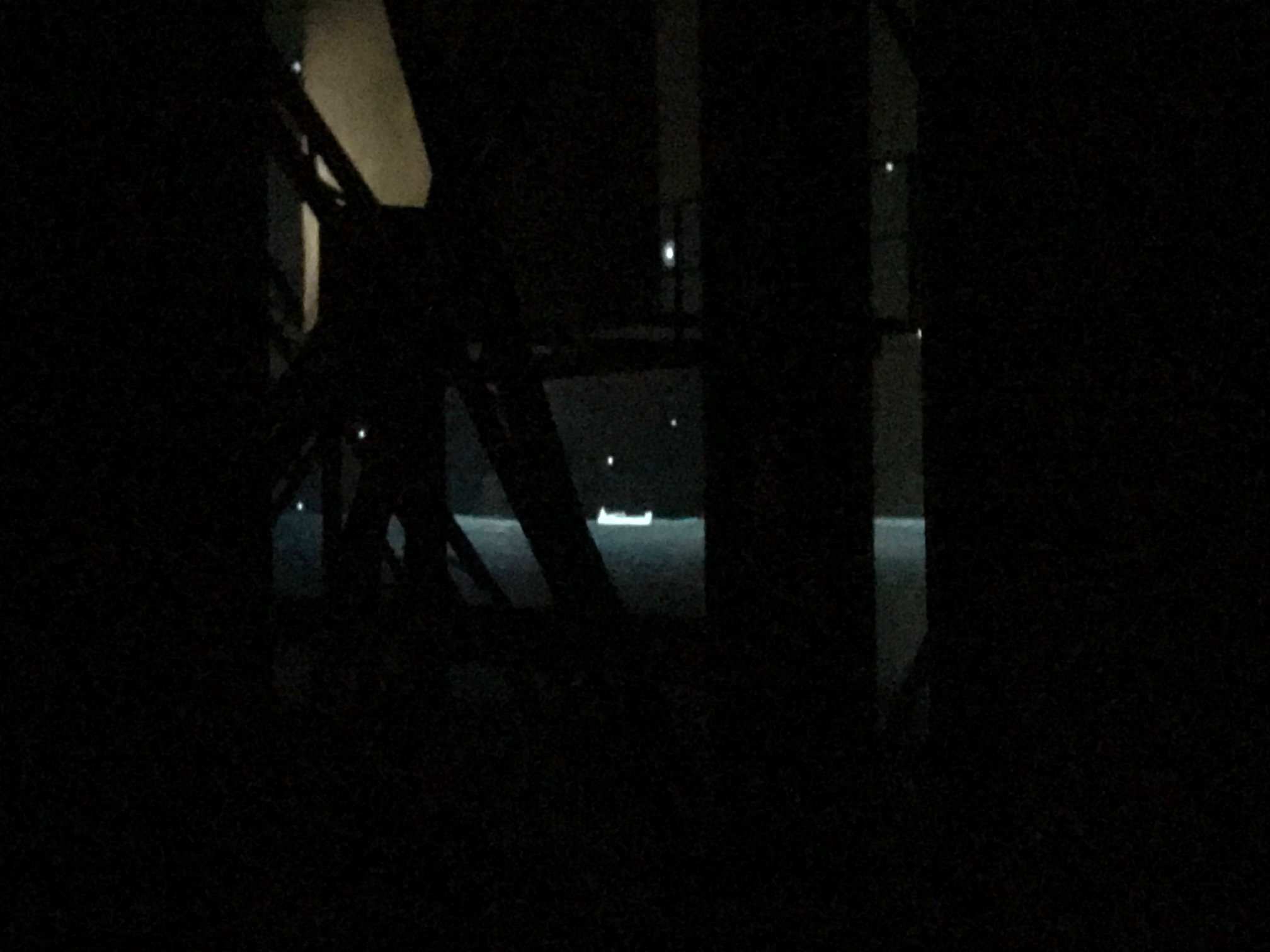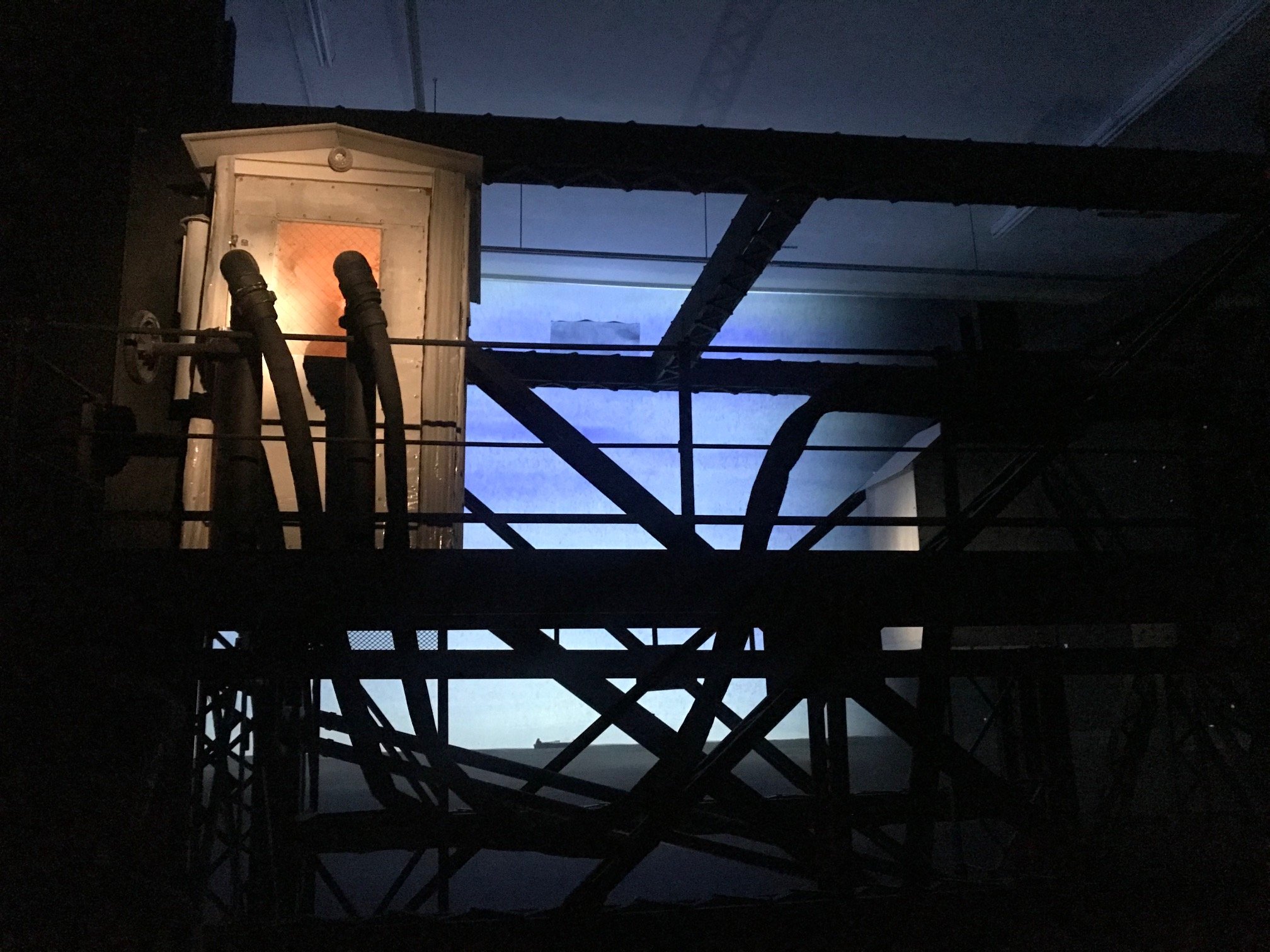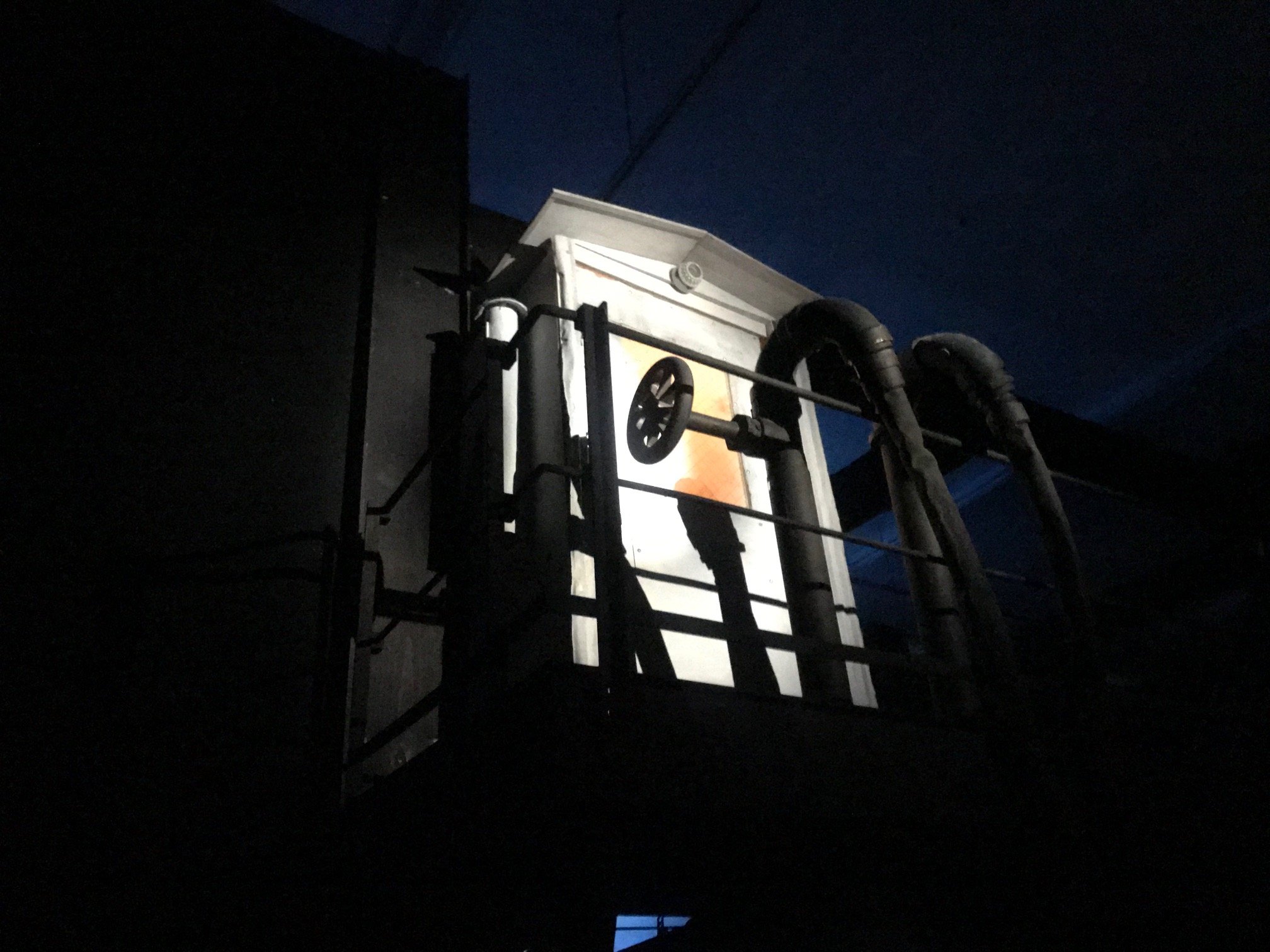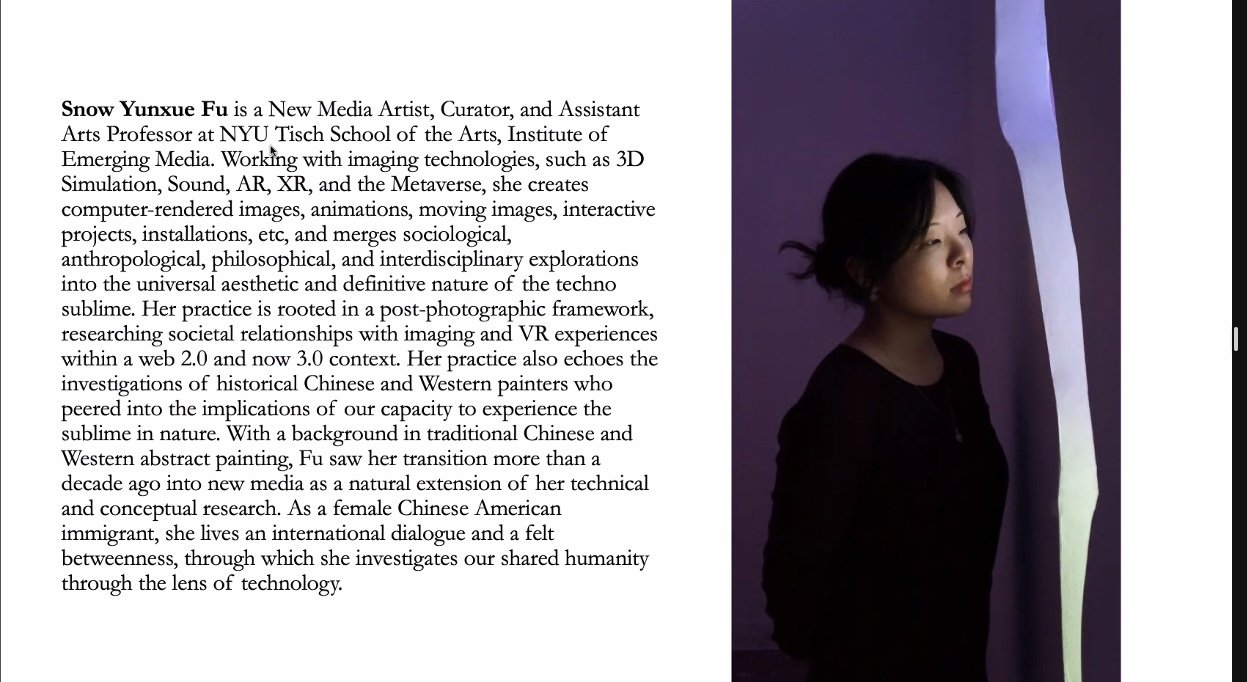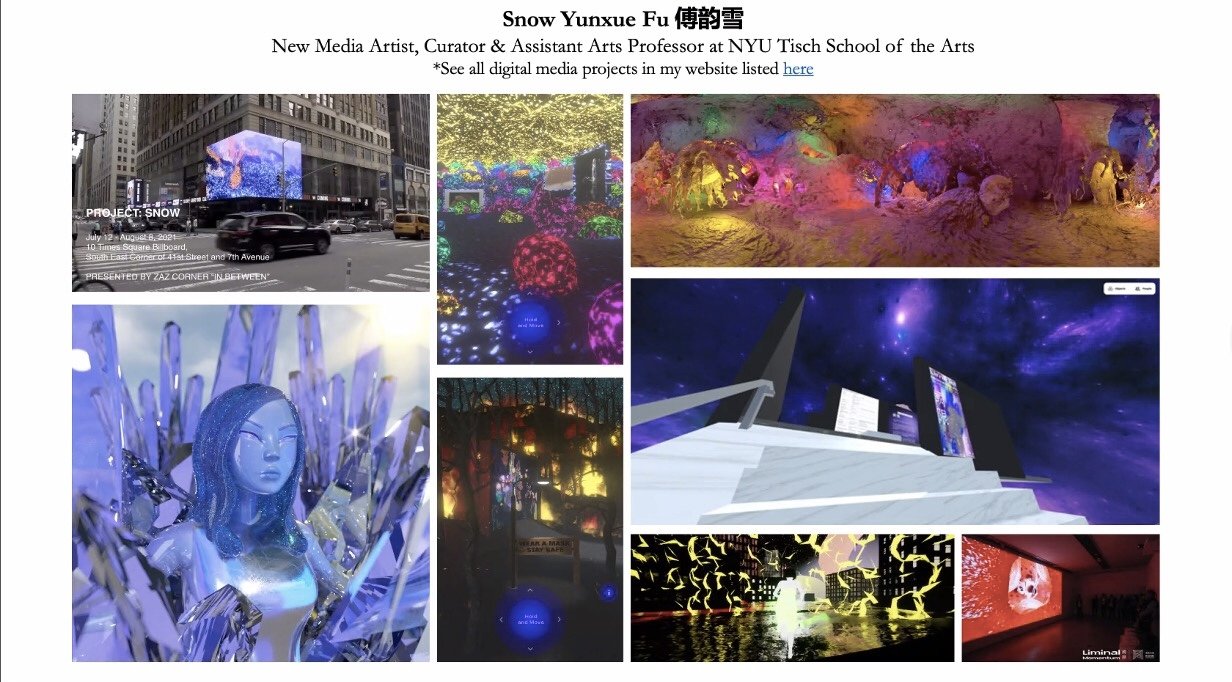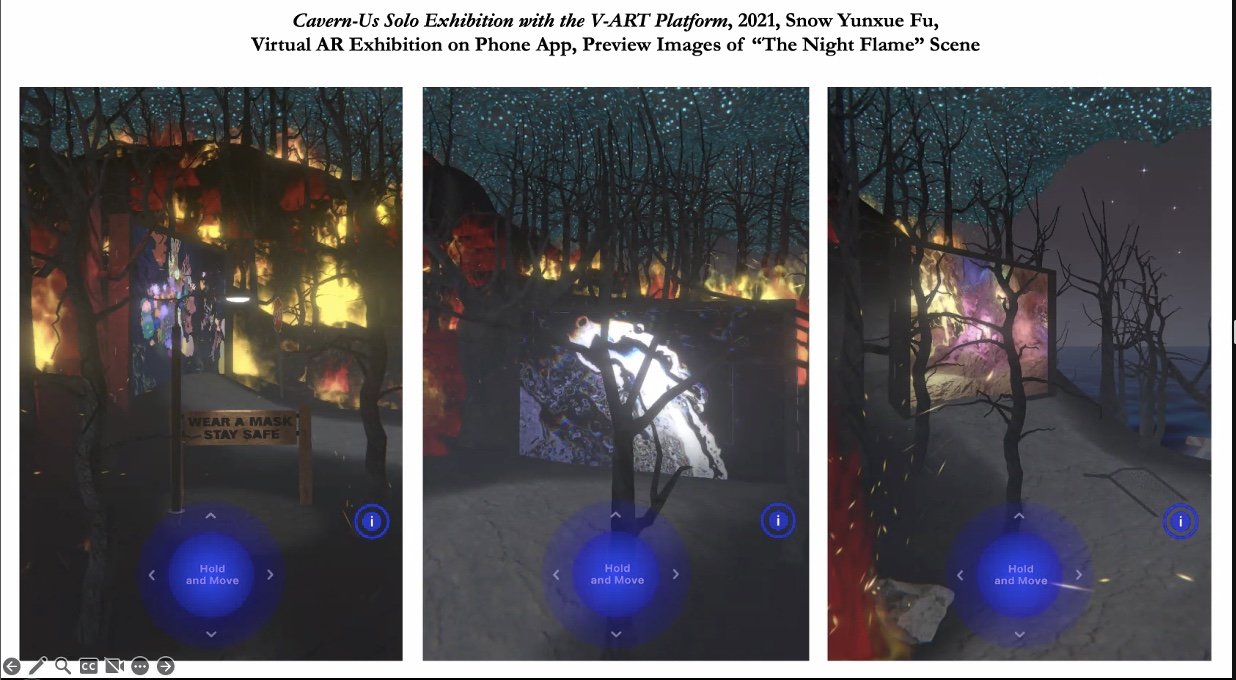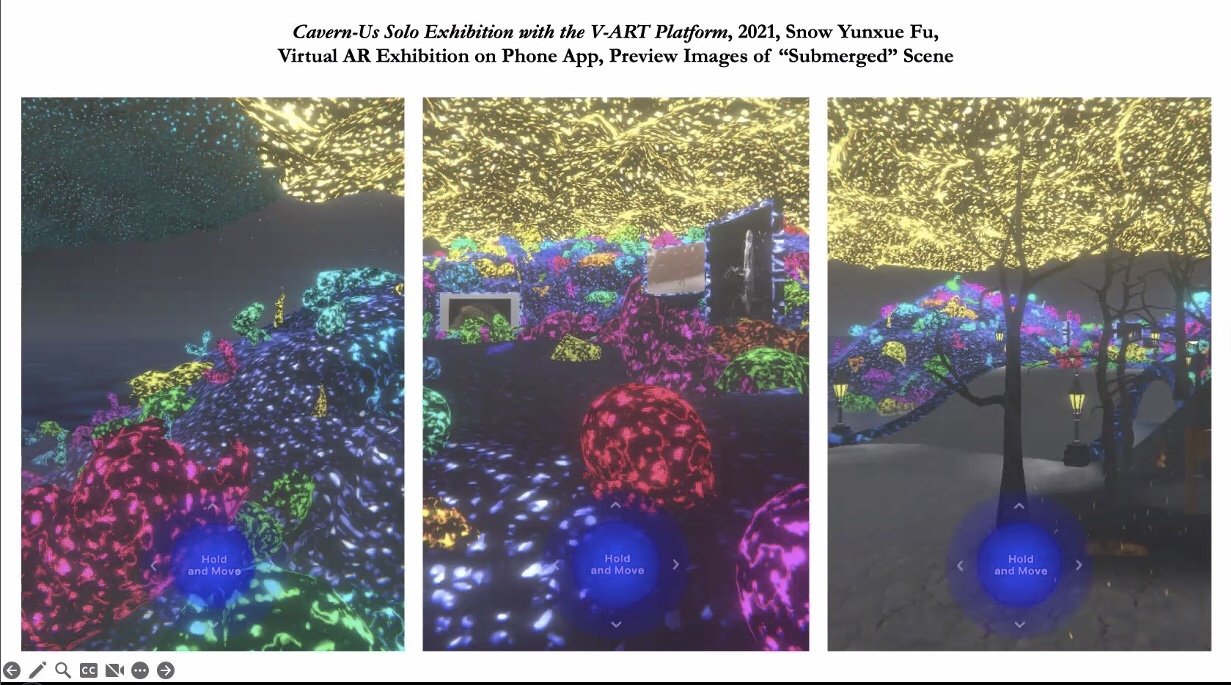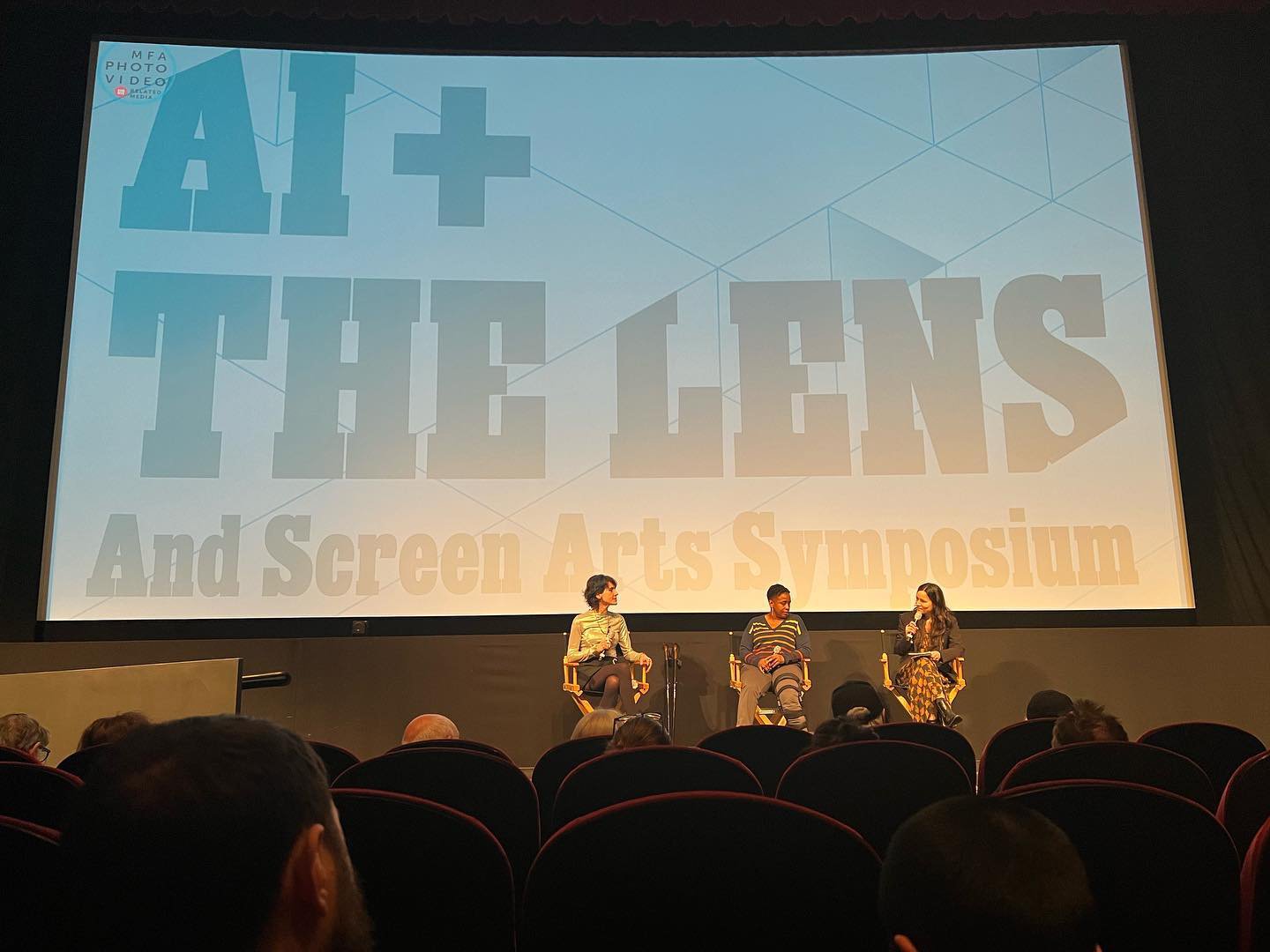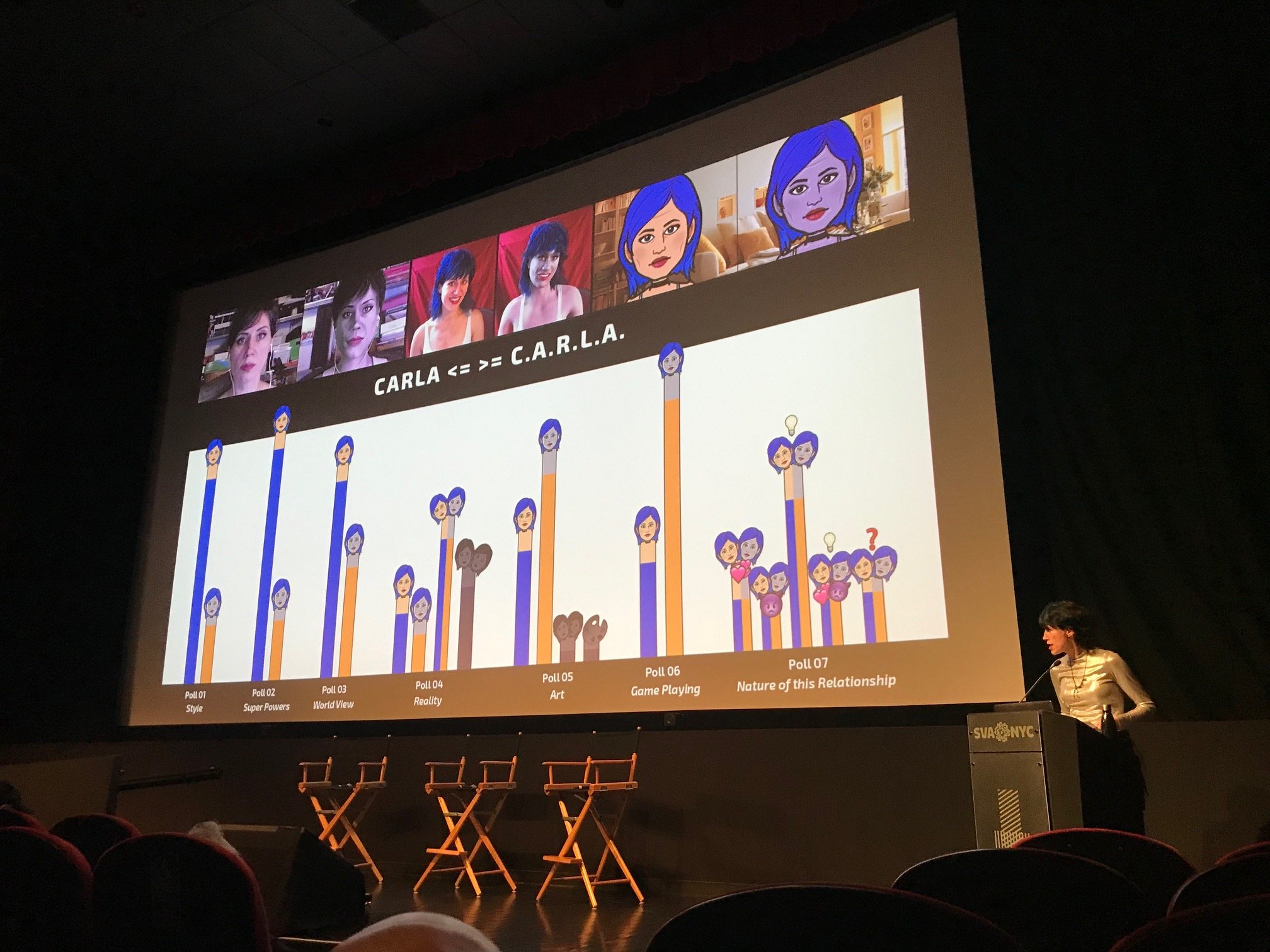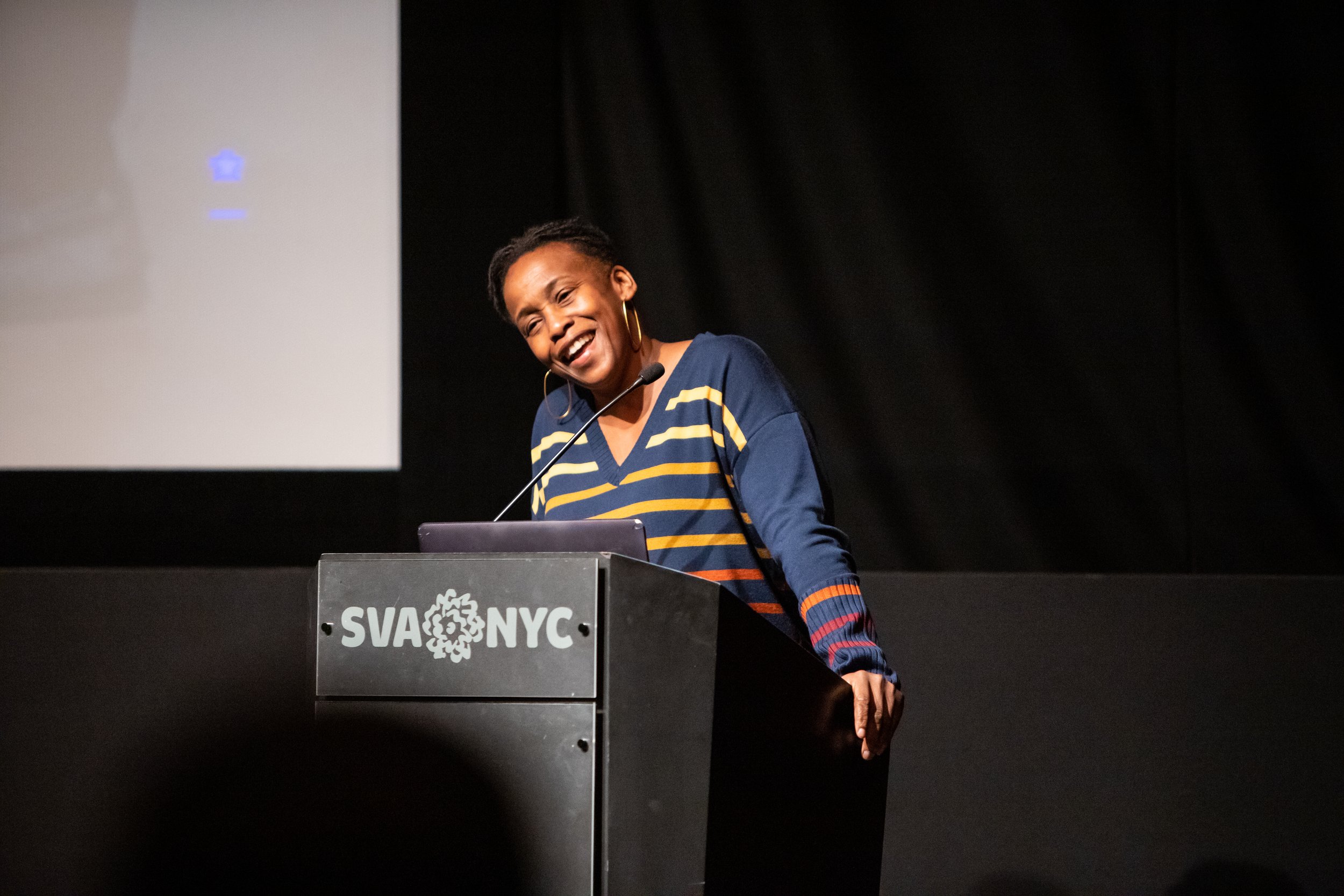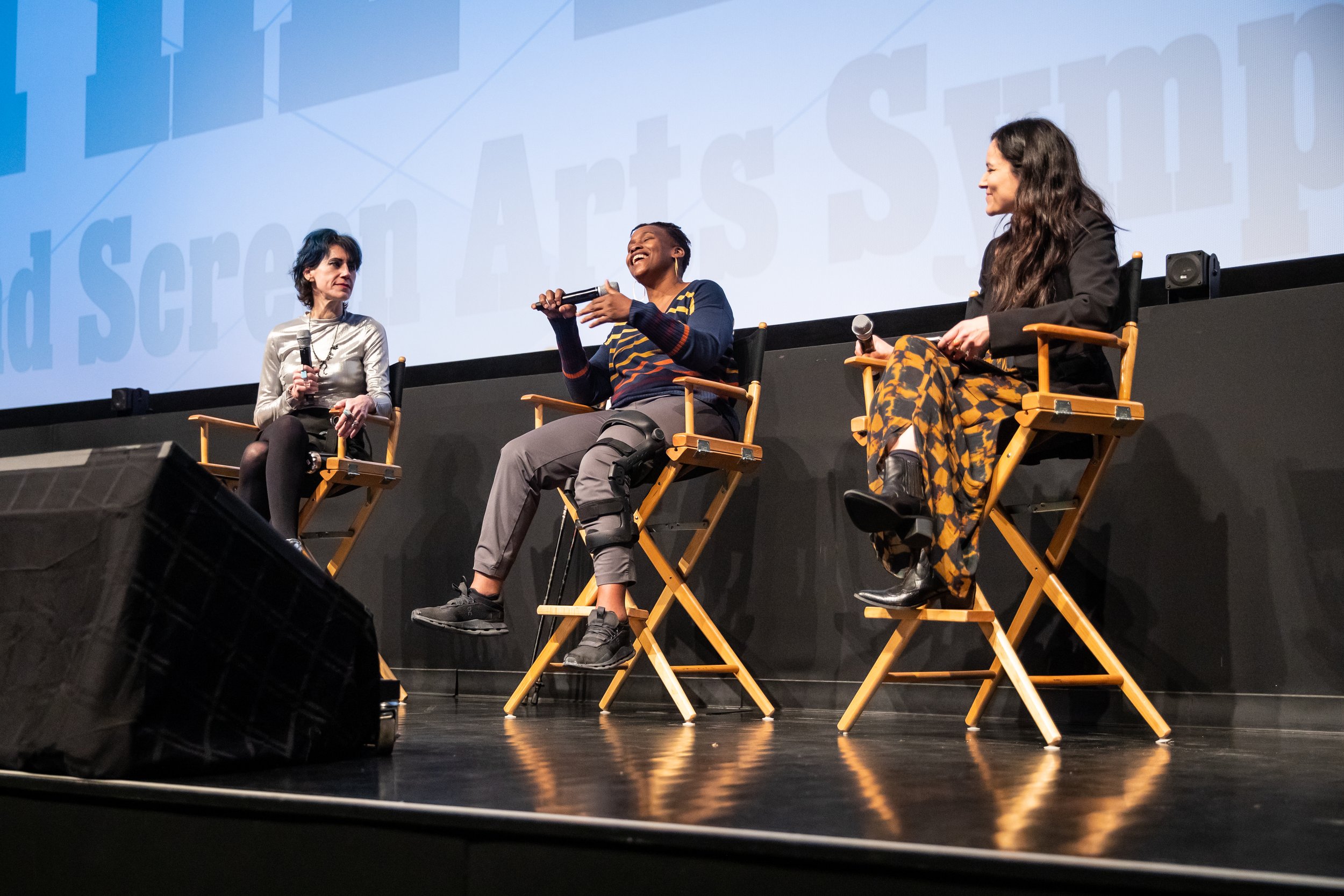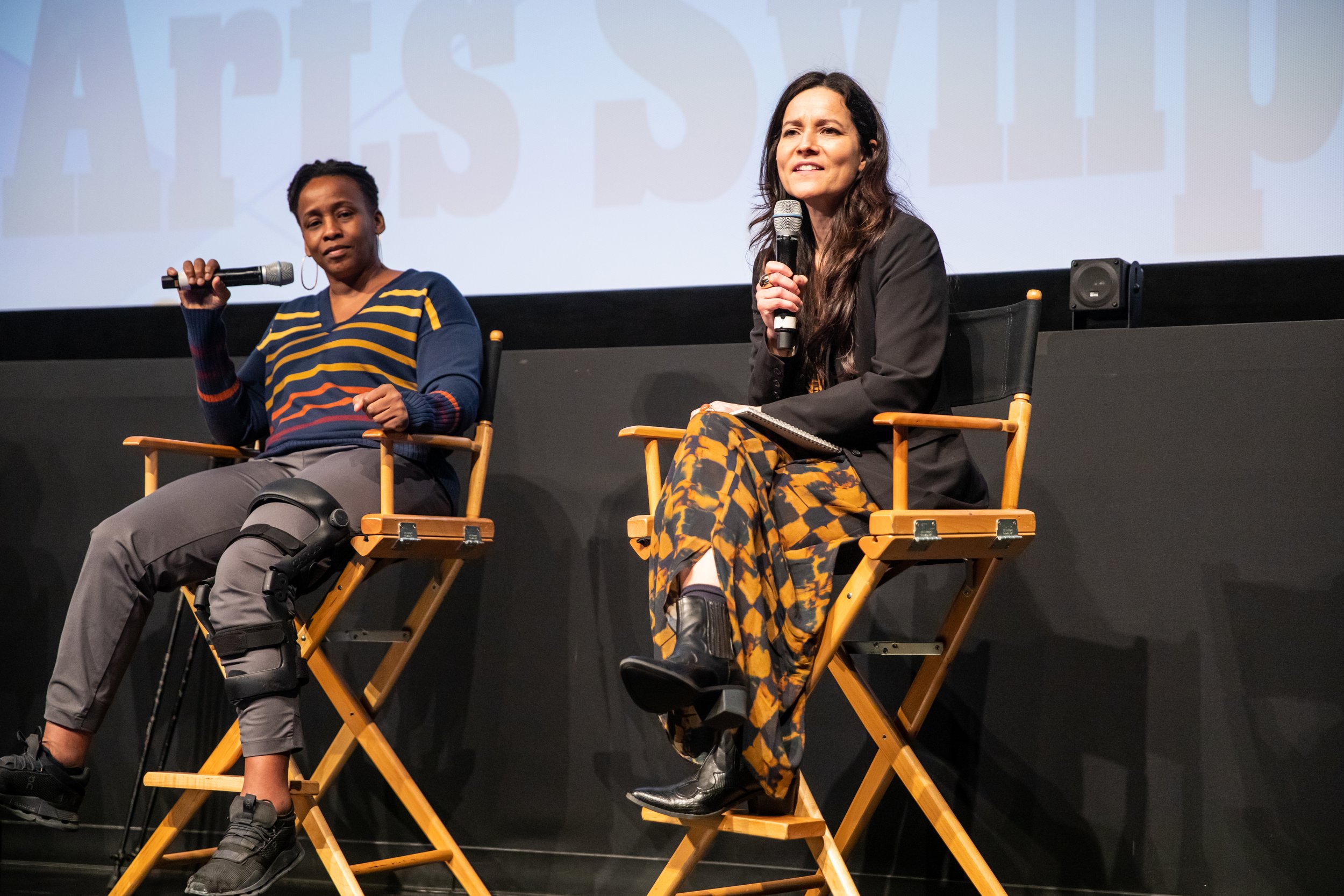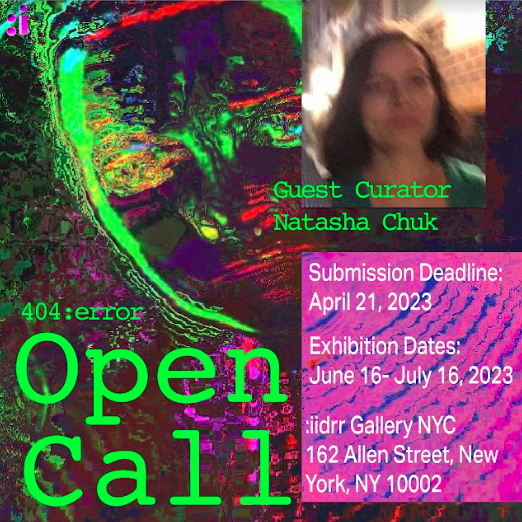I’m very excited to be working with :iidrr gallery in NYC’s LES as a guest curator. Here’s the open call.
404: error
A 404 error is a standard HTTP message resulting when a server is unable to find a requested website. This familiar but undesired message indicates something in the system has gone wrong: there’s been a glitch.
Glitches are understood as machine hardware or network malfunctions that lead to an incorrect or unexpected result or behavior. They can be inconvenient deviations from protocol, the standards that guide systems and set our expectations. But when these errors are exploited and intentionally used, they can work toward dispelling the myth of perfect transmission and reveal certain truths about a system’s design and the ideologies that shape it. Glitch as error or as chaotic system can be situated within a larger context of creative intervention, wherein an artist plays with digital action, information flows, and digital material toward new aesthetics and new ways of thinking. In this way, to glitch can be a powerful, demonstrative, and even political act, with the potential to “modulate or productively damage the norms of techno-culture”, according to Rosa Menkman. For Nathan Allen Jones, glitch can lead toward a kind of poetics: “Glitches work to subvert and short-circuit intentions into their opposites: hindrance, aimlessness, lostness, but they also push into new forms of use, purpose and knowledge by revealing the nature of knowledge and feeling in relationship to technics.” And, in Legacy Russell’s idea of glitch feminism, acts of glitch can encourage the “in-between as a core component of survival—neither masculine nor feminine, neither male nor female, but a spectrum across which we may be empowered to choose and define ourselves for ourselves.”
Choosing an error message as the exhibition title is an invitation to not only embrace such mishaps but also invite others to reflect on what’s possible when this kind of disruption is planned, thus thwarting normativity, and arriving at something else.
We are looking for such error-driven artistic approaches that encourage an aesthetic of chaos, uncertainty, and slippage, using glitch as a form of expression and exploration. We invite emerging artists who identify in some way as glitch makers and glitch thinkers who view glitch as a meaningfully disruptive force rather than a problem that needs fixing. We welcome works using any digital format—photography, video, illustration, animation, web, AR/VR/MR, installation, video games, fashion, etc.—that find inspiration in, or create conditions for malfunctions, bad actors, disruptions, systemic failures, noise, dissonance, and feedback loops, not only as works of glitch art but also as glitch acts.
SOURCES:
Rosa Menkman, The Glitch Moment(um), Amsterdam: Colophon, 2011.
Nathan Allen Jones, Glitch Poetics, London: Open Humanities Press, 2022,
Legacy Russell, Glitch Feminism: A Manifesto, London: Verso, 2020.
about :iidrr
:iidrr is an artist-run platform that supports artists who are critically engaged in new technologies and cultures. We collaborate with artists who are active in the contemporary art world, such as Liu Xin, Wu Ziyang, and Snow Yunxue Fu. Our exhibition space gives the public year-round access to expansive, new media-focused art experiences, performances, and artist talks. Founded in New York City in 2020, :iidrr is now also based in Shanghai.






